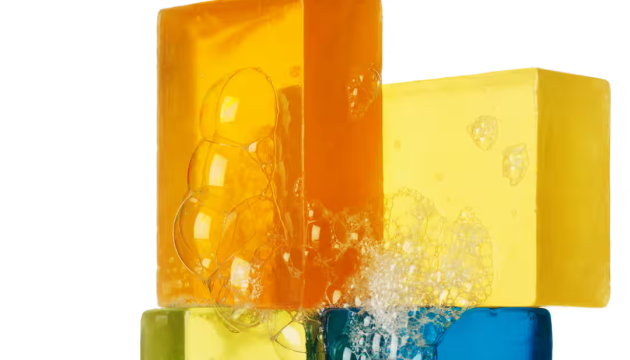Scientists from Virginia State University and Virginia Tech have discovered a method for converting polyethylene into fatty acids, the main ingredient in soap.
The related study was published in the journal Science., Reports Ukrinform with reference to The Guardian.
Guoliang Liu, a professor of chemistry at Virginia Tech, said the idea came to him while sitting by the fireplace on Christmas Day.
“When wood is burned, it emits smoke made up of smaller wood particles. I was wondering if burning plastic would work in the same way,” the scientist said.
Liu and colleagues have built a furnace-like reactor that can be used to safely burn plastic. The temperature in the lower part of the reactor is high enough to break the polymer chains, while the upper part of the reactor is cooled to a temperature that prevents the polymer chains from breaking too much.
The scientists collected the remains after the incineration process and found that the product they created was short-chain polyethylene, a type of wax. Then they turned the wax into soap.
“This is the world’s first plastic soap. The color is a bit strange, but it works,” Liu stressed.
The method developed by the scientists works on the two most common types of plastics, polyethylene and polypropylene. The two together account for about half of all plastic waste: around 200 million tons each year. More than 80 percent of plastic waste ends up in landfills, while less than 10 percent is recycled.
One of the advantages of Liu’s method is that it works on end-of-life plastics that cannot be recycled in the usual way.
The method is also designed to be adaptable for use in industrial environments.
However, Professor Liu emphasizes that the best way to prevent plastic pollution is to minimize its use.
It will be recalled that earlier researchers from the University of Utrecht (Netherlands) took more than 20,000 measurements and concluded that a total of 3.2 million tons of plastic floated on the surface of the world’s oceans.
Photo: Getty Images













